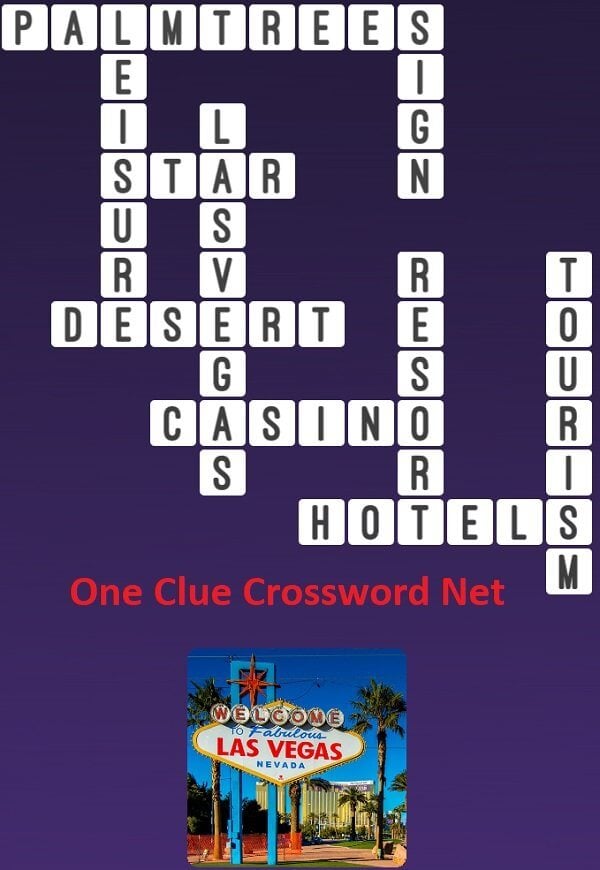Please find below the Gambler's bet crossword clue answer and solution which is part of Daily Themed Mini Crossword April 29 2020 Answers.Many other players have had difficulties with Gambler's bet that is why we have decided to share not only this crossword clue but all the Daily Themed Mini Crossword Answers every single day. On this page you will find the solution to Gambler's calculation crossword clue.This clue was last seen on LA Times Crossword November 23 2020 Answers In case the clue doesn’t fit or there’s something wrong please contact us.
Casino actions NYT Crossword Clue Answers are listed below and every time we find a new solution for this clue we add it on the answers list. If you encounter two or more answers look at the most recent one i.e the last item on the answers box.
This crossword clue might have a different answer every time it appears on a new New York Times Crossword Puzzle. Duplicate clue solutions are not entered twice so each answer you see is unique or a synonym.

CASINO ACTIONS Crossword Answer
- BETS
This time we are looking on the crossword puzzle clue for: Numbers considered by gamblers.
it’s A 31 letters crossword definition.
Next time when searching the web for a clue, try using the search term ” Numbers considered by gamblers crossword” or ” Numbers considered by gamblers crossword clue” when searching for help with your puzzles. Below you will find the possible answers for Numbers considered by gamblers.
We hope you found what you needed!
If you are still unsure with some definitions, don’t hesitate to search them here with our crossword puzzle solver.

Possible Answers: Odds.
Casino Gamblers Resolution Crossword Clue
Last seen on: Daily Celebrity Crossword – 2/29/20 Smartypants Saturday
Casino Gambling Game Crossword Clue


Random information on the term ” Odds”:
Casino To Gamblers Crossword Clue Puzzle

An odds ratio (OR) is a statistic that quantifies the strength of the association between two events, A and B. The odds ratio is defined as the ratio of the odds of A in the presence of B and the odds of A in the absence of B, or equivalently (due to symmetry), the ratio of the odds of B in the presence of A and the odds of B in the absence of A. Two events are independent if and only if the OR equals 1, i.e., the odds of one event are the same in either the presence or absence of the other event. If the OR is greater than 1, then A and B are associated (correlated) in the sense that, compared to the absence of B, the presence of B raises the odds of A, and symmetrically the presence of A raises the odds of B. Conversely, if the OR is less than 1, then A and B are negatively correlated, and the presence of one event reduces the odds of the other event.
Note that the odds ratio is symmetric in the two events, and there is no causal direction implied (correlation does not imply causation): a positive OR does not establish that B causes A, or that A causes B.